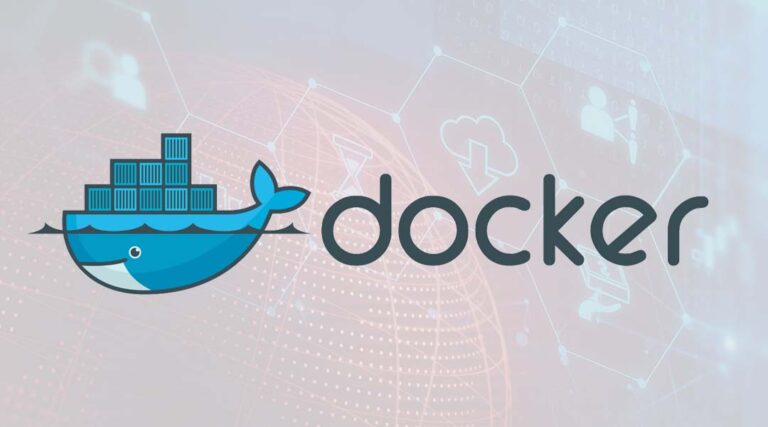
The third major release of Docker Enterprise is now generally available, after it was announced at DockerCon back in April 2019.
To celebrate the occasion, Docker product marketing manager David Hamdani took the time to again point out the new features enterprise customers now have access to. Since the last couple of months were spent collecting beta user feedback and ironing out the kinks, there shouldn’t be any huge surprises to those following the output of the Docker team.
With the release of v3.0, operations get a couple of new cluster commands, which should help in treating clusters as code (so you can version control them, if you like) and automate deployments. One of the key points of the release, however, has been a shift in focus from containers to so called Docker Applications, as Docker’s Jenny Fong mentioned in a blog post last month. The new approach supposedly offers a way of building, sharing and running “multi-service applications across multiple configuration formats” by packaging app descriptions, components and parameters into a “container of containers”.
Apps can be deployed to Kubernetes or Docker’s own orchestrator, Swarm, and stored in registries such as the Docker Hub like regular containers. This also means that they enjoy the perks that go along with it, such as vulnerability scanning and signature checking. Since Docker Apps are based on the CNAB, they are compatible with any project complying to the standard.
Docker Desktop Enterprise, another one of the newer additions to the portfolio of the commercial container platform, can help in creating Docker Applications by offering special Application Templates for a variety of programming languages and frameworks. The tool made its first appearance in late 2018 as a way of helping IT departments to provide dev teams with consistent environments that fit an organisation’s corporate standards and enforce safe development practices by offering templates.
Another goal the people behind v3.0 had, was to address the complexity of container orchestrator Kubernetes. This has been taken on by bundling a certified distribution called Docker Kubernetes Service (DKS) with Docker Enterprise. Secure defaults and a couple of cluster management tools should help users to get to grips with Kubernetes, while the version packs included are meant to make sure development and production environments stay in sync.
